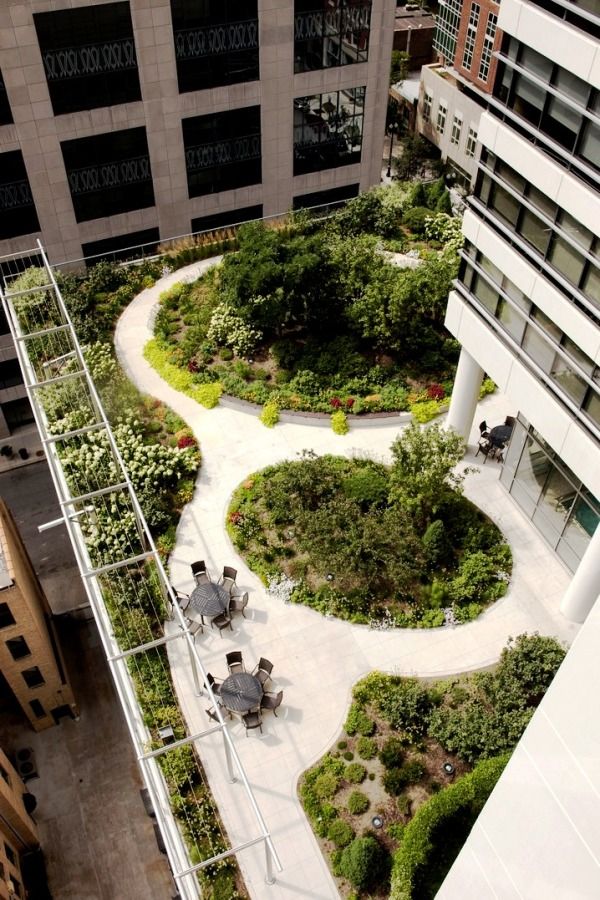A roof garden is a sustainable and beautiful way to utilize unused space on top of a building. These gardens can provide a number of benefits to the building and its occupants, as well as to the environment. From reducing energy costs to improving air quality and offering a relaxing outdoor space, roof gardens have become increasingly popular in urban areas around the world.
One of the primary benefits of a roof garden is its ability to reduce heat absorption and energy costs for the building. By adding plants and vegetation to the roof, the garden acts as insulation, helping to keep the building cool in the summer and warm in the winter. This can lead to significant savings on heating and cooling expenses, making it a cost-effective investment for building owners.
In addition to energy savings, roof gardens also help to improve air quality in urban areas. Plants naturally absorb carbon dioxide and release oxygen, which can help to reduce pollution and create a healthier environment for both building occupants and the surrounding community. This can be particularly beneficial in densely populated cities where air quality can be a major concern.
Furthermore, roof gardens provide a peaceful and relaxing outdoor space for building occupants to enjoy. In urban areas where green space is limited, a roof garden can offer a welcome escape from the hustle and bustle of city life. Employees can take a break and relax in a natural setting, boosting morale and productivity in the workplace.
Another advantage of roof gardens is their ability to mitigate stormwater runoff and reduce the risk of flooding. The plants and soil in the garden can absorb rainwater, helping to prevent water from overwhelming drainage systems and causing damage to buildings and infrastructure. This can be especially important in urban areas where heavy rainfall can lead to flooding and water pollution.
Finally, roof gardens can also provide habitats for birds, bees, and other wildlife in urban areas. By creating a green oasis on top of a building, these gardens can help to support biodiversity and create a more sustainable ecosystem in the city. This can be an important contribution to conservation efforts and can help to create a more harmonious relationship between humans and nature in urban environments.















